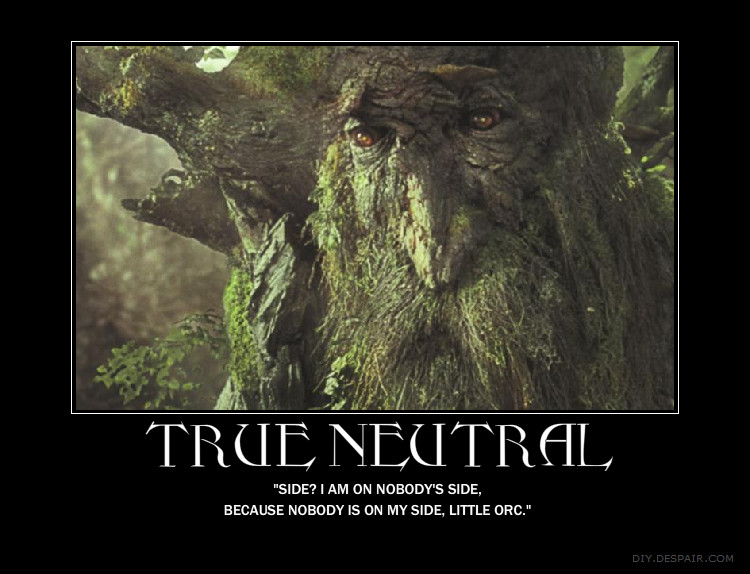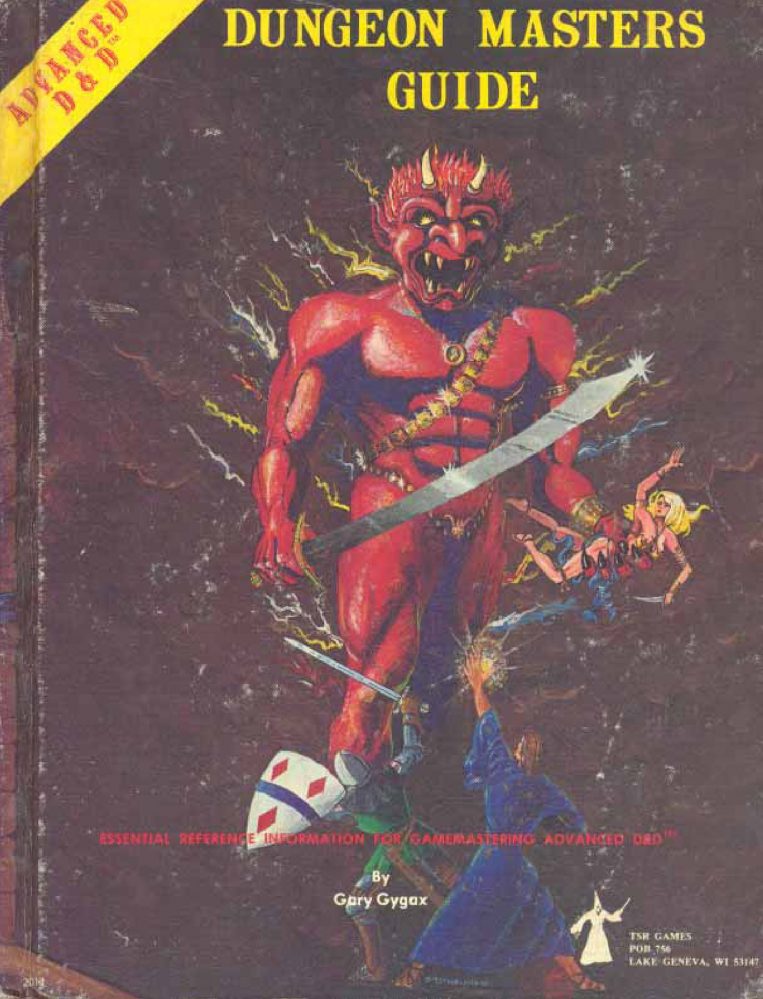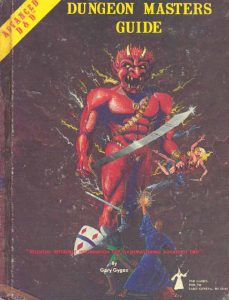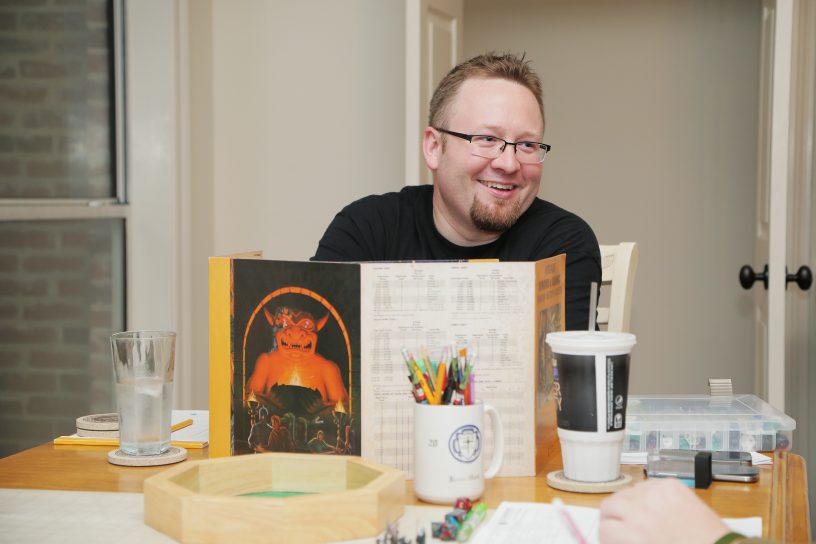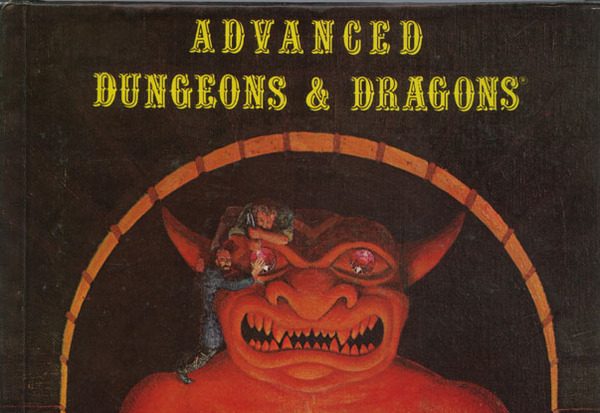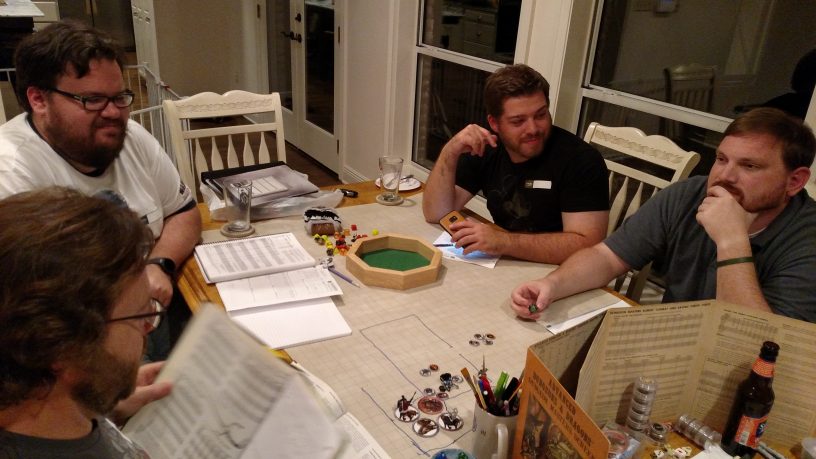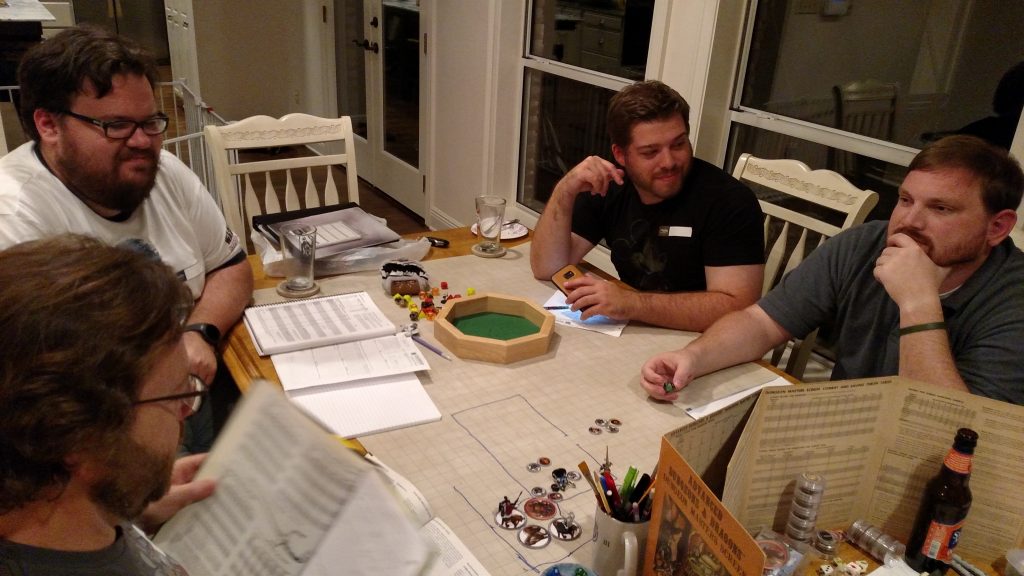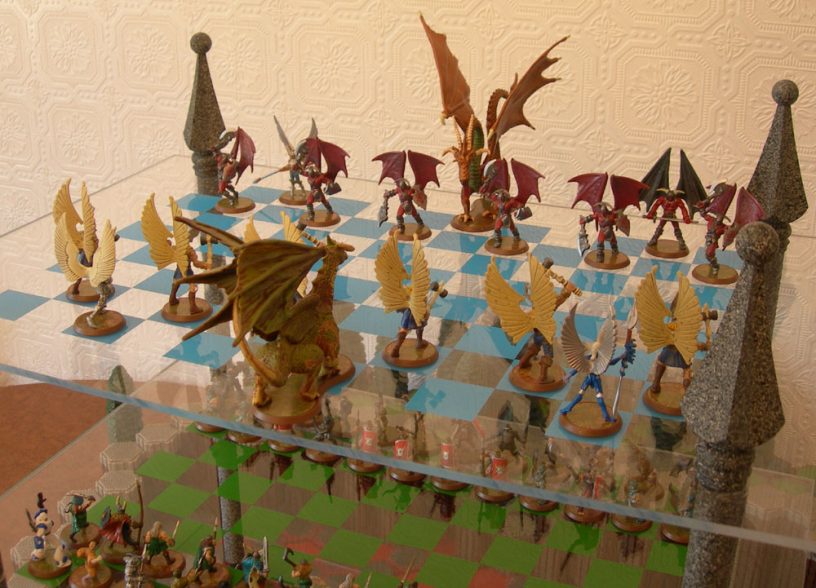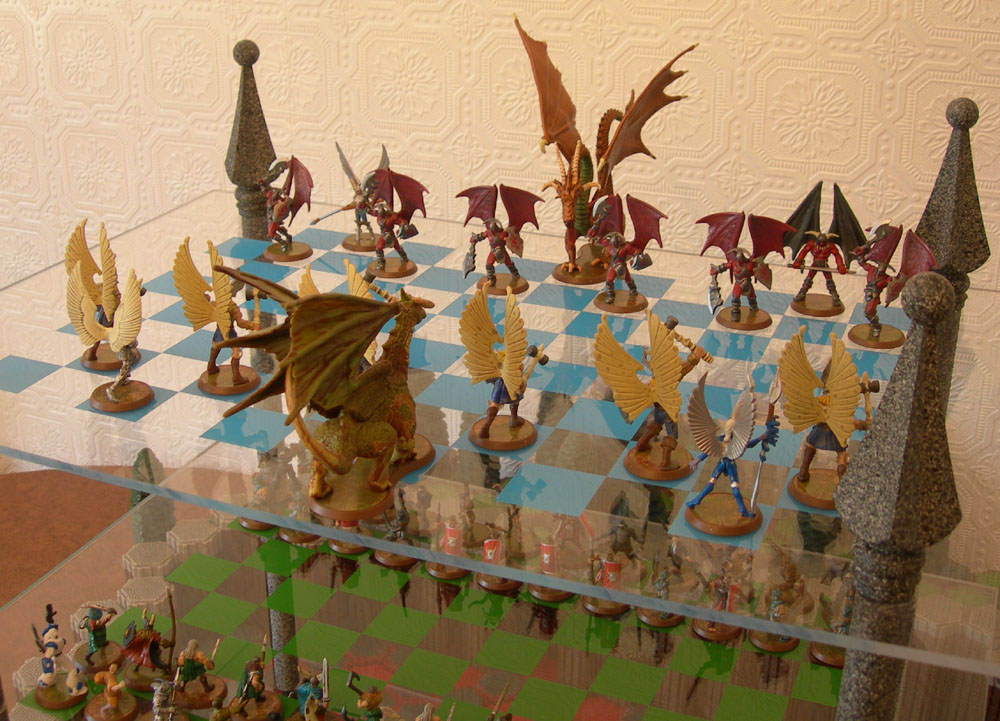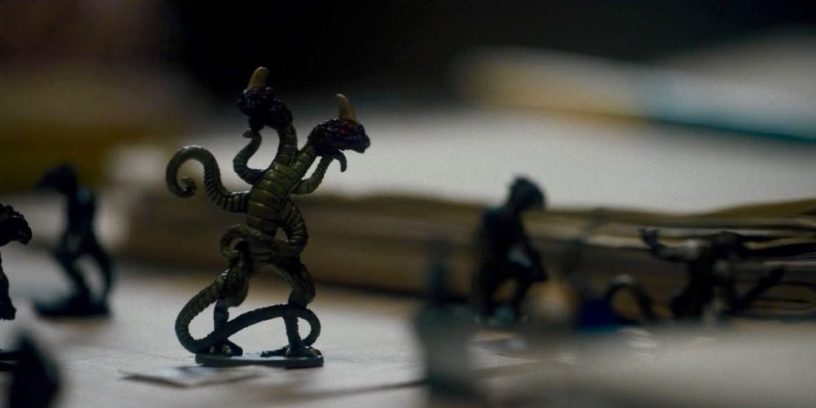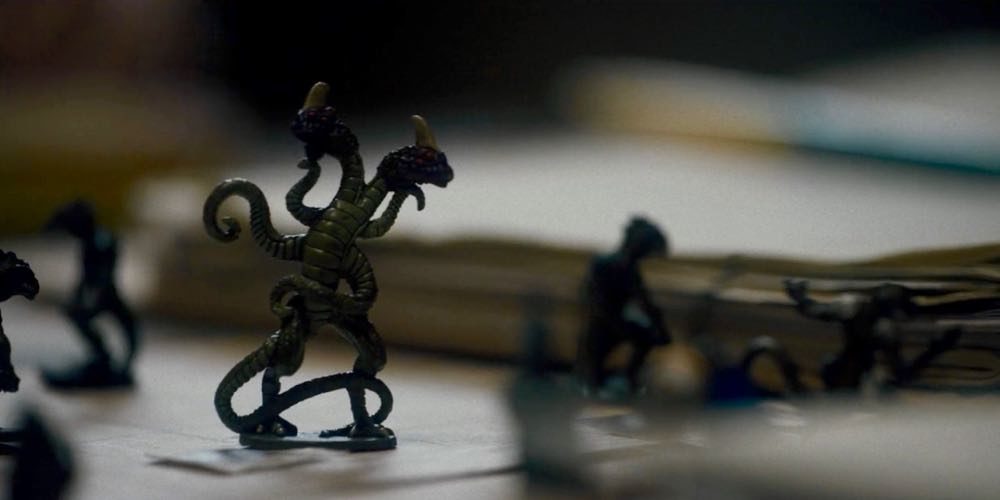I’m still getting the technical stuff worked out, so you’ll need to turn your speakers up and I lost the last five seconds or so. But we’re making progress in the right direction. Enjoy!
Follow me on Twitter or Facebook.
Jason’s reading list:
RPGs
D&D 5e Player’s Handbook
D&D 5e Dungeon Master’s Guide
N1: Against the Cult of the Reptile God (AD&D; currently DMing)
Star Wars RPG: Mask of the Pirate Queen (currently playing as PC)
Other books
Alexander Hamilton by Ron Chernow
Playing at the World by Jon Peterson
Recently completed
AD&D Dungeon Masters Guide (3rd read-through)
Disclosure of Material Connection: the links in the post above are “affiliate links.” This means if you click on the link and purchase the item, I will receive an affiliate commission. Regardless, I only recommend products or services I use personally and believe will add value to my readers. I am disclosing this in accordance with the Federal Trade Commission’s 16 CFR, Part 255: “Guides Concerning the Use of Endorsements and Testimonials in Advertising.”

